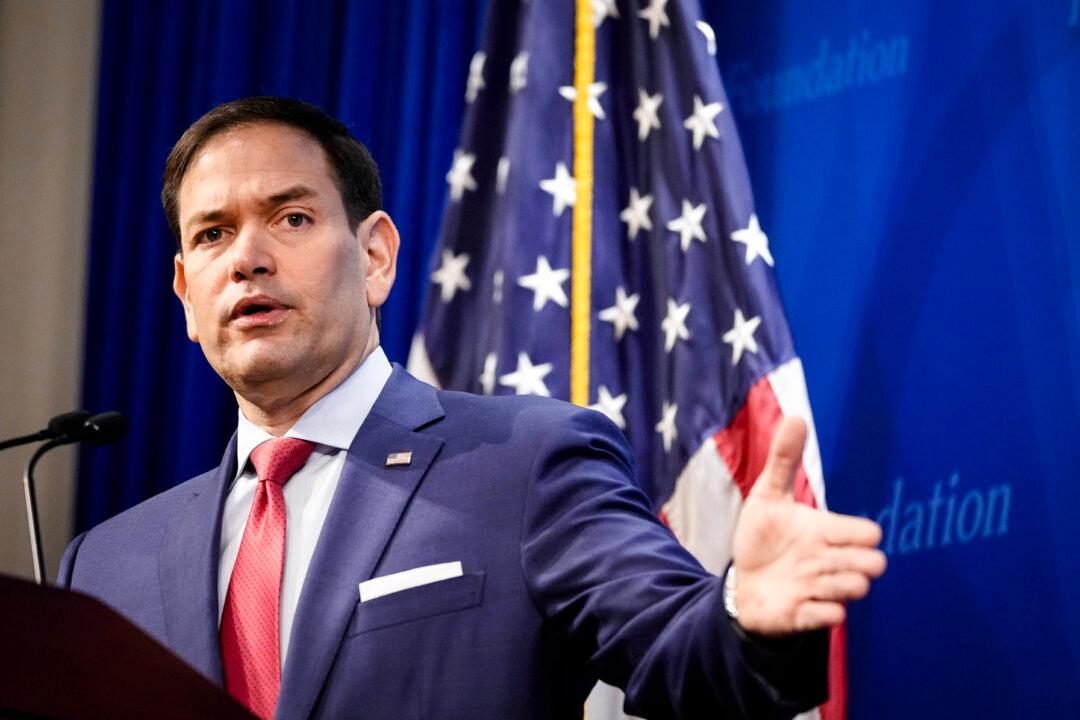Sen. Marco Rubio (R-Fla.) introduced legislation to deter the Chinese communist regime from gaining influence in Ukraine under the pretense of reconstruction.
“It would be malpractice to allow our greatest adversary to be involved, in any way, in the reconstruction efforts of Ukraine. Falling prey to the Chinese Communist Party’s predatory schemes has left multiple nations worldwide beholden to Beijing,” Rubio said in a July 31 statement introducing the bill. “Both the U.S. and our democratic allies in Europe must counter this threat.”




